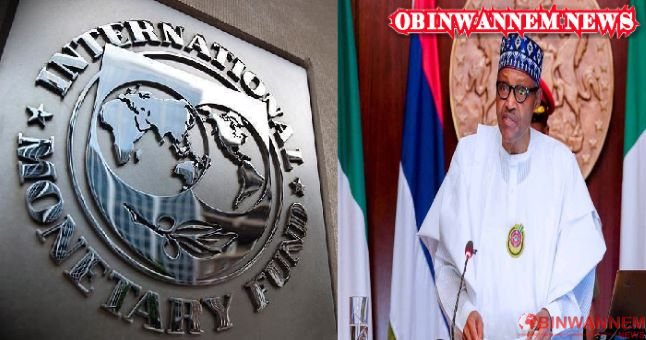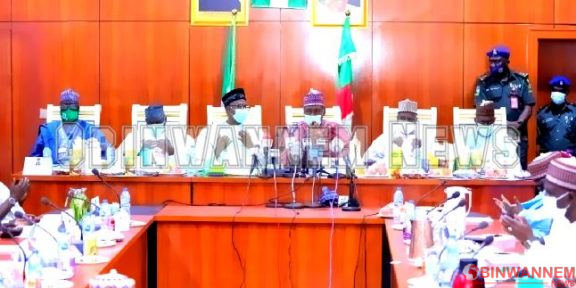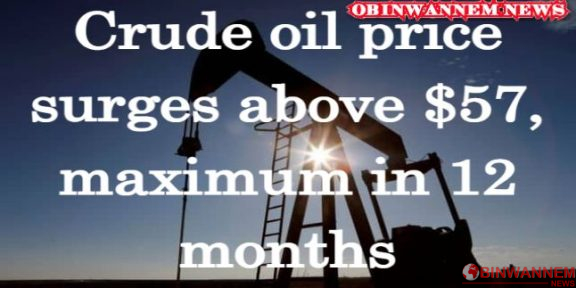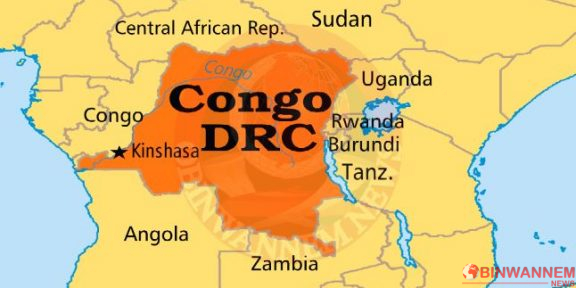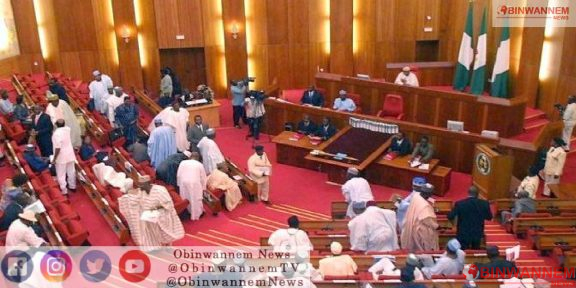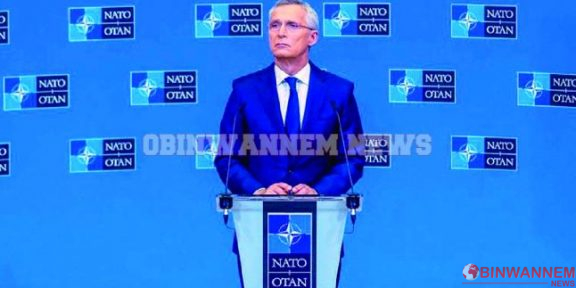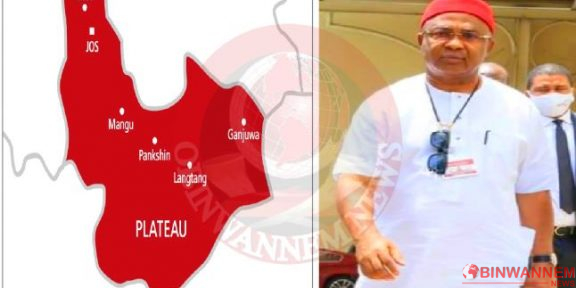Sequel to the deteriorating state of the Nigerian economy, the International monetary fund (IMF), recognised that Nigeria economy is at a “critical juncture,” and advised increase in value-added tax (VAT).
IMF in a released report on Monday, noted that Nigeria is among the lowest in the world, and there are limited space to respond to the crisis of the economy.
The IMF revealed that, socio-economic conditions have deteriorated due to rising food inflation, elevated youth unemployment, mass protest in October 2020, and survey shows worsening food insecurity, with a significant impact on the vulnerable. It also added that the risks are tilted to the downside and include the resurgence of pandemic, security situations and unfavourable external environment.
Other contributory factors that declined the economy growth – the second phase of recession in five years, last year, which affected the gross domestic product; recording negative growth of 3.62 percent in the third quarter of 2020 – according to the National Bureau of Statistics, showed worst economic decline in almost four decades.
Similarly, inflation increased to 14.9 percent in the same month. The increase in prices of food emanated from shortage due to lockdown, coupled with closure of land borders and continued import restrictions, which were partly lifted in December 2020. All these posed a damaging threat to economy growth in Nigeria.
Nevertheless, the Fund, also commended Nigeria authorities for the measure taken to address COVID-19 pandemic and welcomed notable reforms undertaken in the fiscal sector, including removal of fuel subsidy.
IMF stressed the need for significant revenue mobilization to reduce fiscal sustainability risk ,relying initially on progressive and efficiency enhancing measures with higher tax rates awaiting a more sustainable recovery, it encourages strengthening governance and anticorruption framework including compliance with AML/CFT measures.
In addition, the body encouraged the need to increase VAT to 15% by 2025, and effect reforms in tax and administration. The body called for the need to rationalize the pioneer status system and other tax exemption; customs duty waivers, increase rates for excise and broaden the base, develop a high integrity taxpayer register, and improve on time filing and payment.
“A significant increase in non oil revenue is critical to balance the negative revenue impact of the global decline of demand for oil in the long run,” it said.
Ijeoma Njoku reporting, Obinwannem News


